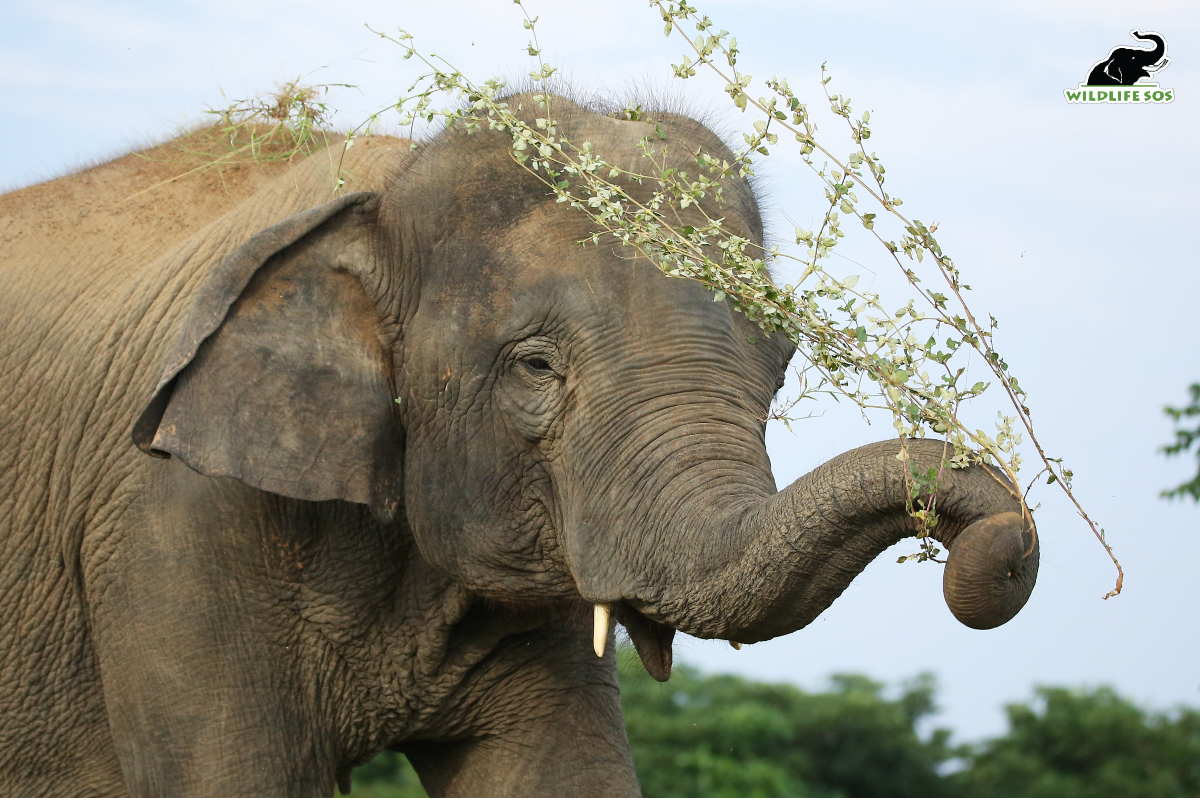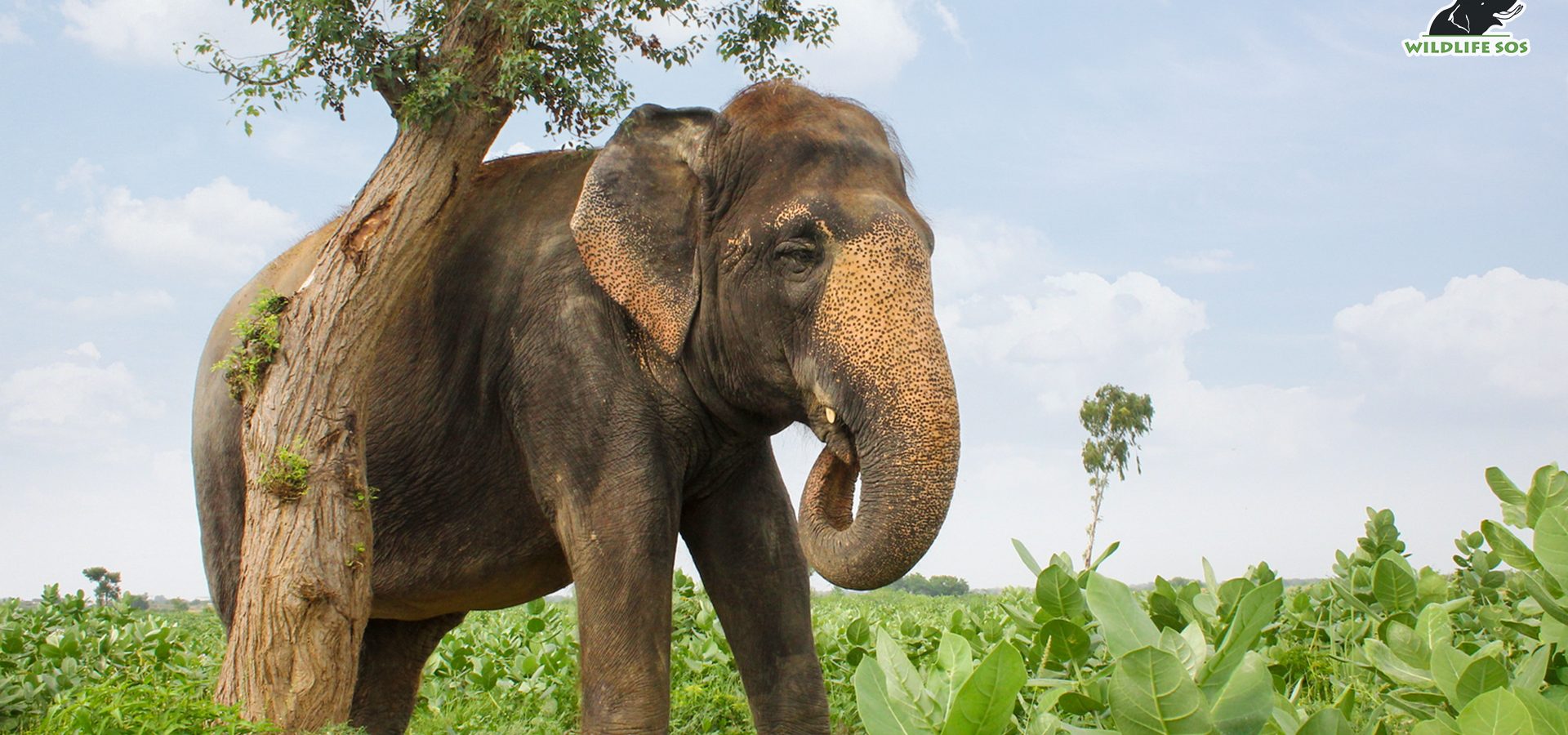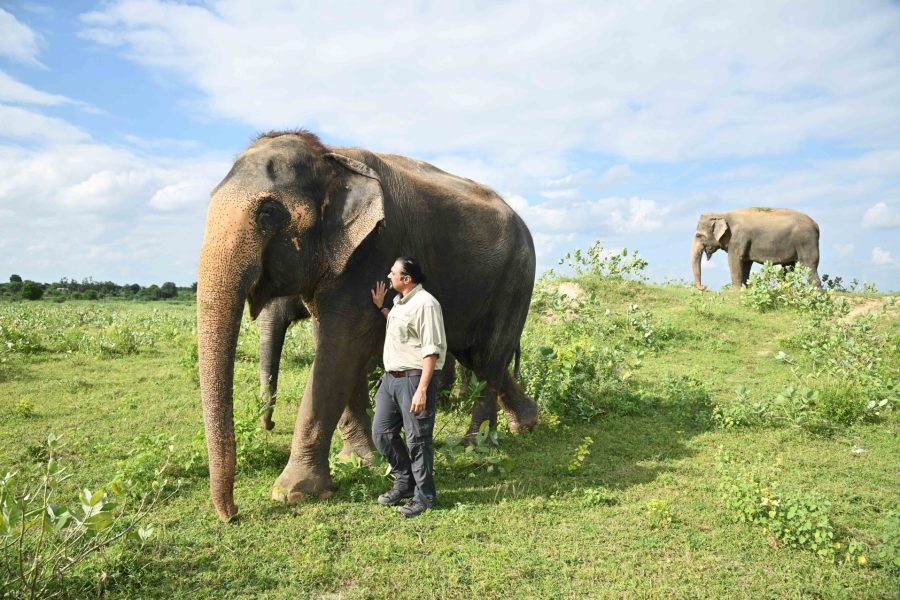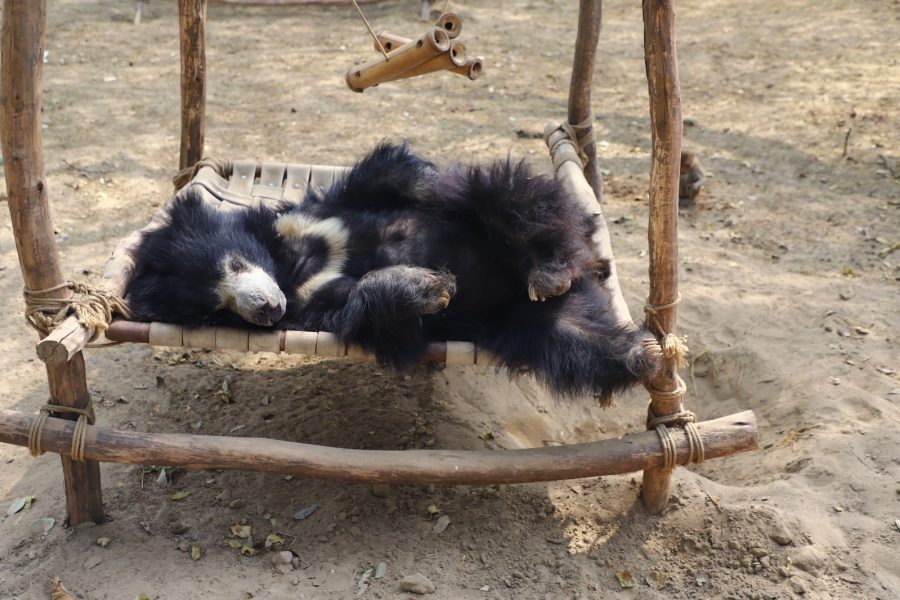Have you ever wondered what’s it like to be born into a family of elephants? If you come to think of it, it is quite an interesting topic to ponder upon. With a plant-based diet, no one in the family will inherit high cholesterol problems! There is an abundance of fresh greens and juicy fruits on the menu every day. What’s more, elephants never need to find musical bands or a DJ if they wish to celebrate, as their trumpets are loud enough to create a joyful atmosphere! While they display their fascinating features, there’s a lot to learn from these pachyderms who live in a tight-knit herd. With their strong social bonds, they stand out as a prime example of a closely united family. Let’s explore five important things that elephants teach us about strong family ties.
1. Togetherness and Unity
One can always find elephants in a herd representing unity and harmony. For us human beings in today’s fast-paced world, we often forget to spend quality time with our families, which leaves us feeling disconnected. Elephants, however, display shared responsibilities. They roam together to protect each other, even against predators. They ensure that the younger ones are shielded from any kind of harm. As they travel vast distances, each member of the herd plays an important role in the group’s safety, keeping a watchful eye on their surroundings. From elephants, we learn how standing by each other in times of adversity or joy is essential in forming the foundation of a lasting relationship.
2. Expressive and Communicative
Communication is the key to a good relationship. The gentle giants have distinct ways of communicating with each other. Elephants can sense the vibrations of each other’s trumpets from a long distance. They respond by travelling in the direction of the sound, which could be coming from as far as 10km away! This allows the elephants to connect with family members that are far apart. A great value to learn from these pachyderms is that distance should not hinder our ability to communicate and stay in touch with those we care about. Furthermore, elephants also participate in active listening. By being attentive listeners, they acknowledge each other’s needs and emotions. Paying close attention to each other is an important takeaway to foster deeper and meaningful relationships in the family.
3. Emotional Bonds and Respect
Just like human families, elephants also spend their entire life with the same herd for decades, forming enduring relationships. This emphasises the significance of long-term association with our loved ones. Within the herd, there is a social hierarchy led by a matriarch who is the oldest and wisest female. All the other members show respect and follow her footsteps, acknowledging her leadership and experience. The younger ones show respect to the elder ones by placing their trunk on them, and greet them by making sweet rumbles. In every family, recognising and respecting each other creates mutual harmony.
4. Nurturing their Younger Ones
In the wild, elephants are unlikely to have more than four children in their entire lifespan. It is from the age of 14 that female elephants can begin giving birth to their offspring. The gestation period of Asian elephants ranges between 18 and 22 months, the longest period of pregnancy in mammals. Elephants nurture and look after their calves together as a family, and each member teaches them how to best use their trunks! A very interesting practice among pachyderms is that the females adopt orphan calves as well, treating them as their own child. In fact, alloparenting is also common among African elephants, where females are seen taking care of younger ones even if they aren’t their blood mother. Strong family bonds encourage elephants to take utmost care of the calves as a unified herd, and safeguard them.

5. Loyalty and Reliability
Loyalty is seen in every aspect of an elephant’s life. They are known to spend time with the relics of their ancestors. They remember and honour their deceased family members by revisiting their gravesites. This can also happen years after their family members have passed away. Elephants build a deep trust and an environment of reliability among their family members. They not only show loyalty to their immediate family, but also to elephants outside their family. They also express concern to injured animals.
Inspiration is waiting to be found from the animals of the wild, we just need to open our eyes (and our minds) wide enough to spot it. Expert elephants can offer us a masterclass on togetherness, communication, loyalty, and respect. There’s much to learn from them on how family ties are crucial to withstand all challenges that one may encounter in life. Let us strive to incorporate these valuable lessons to hone relationships with our loved ones.
For more such interesting insights about the world of animals, subscribe to our newsletter today!





